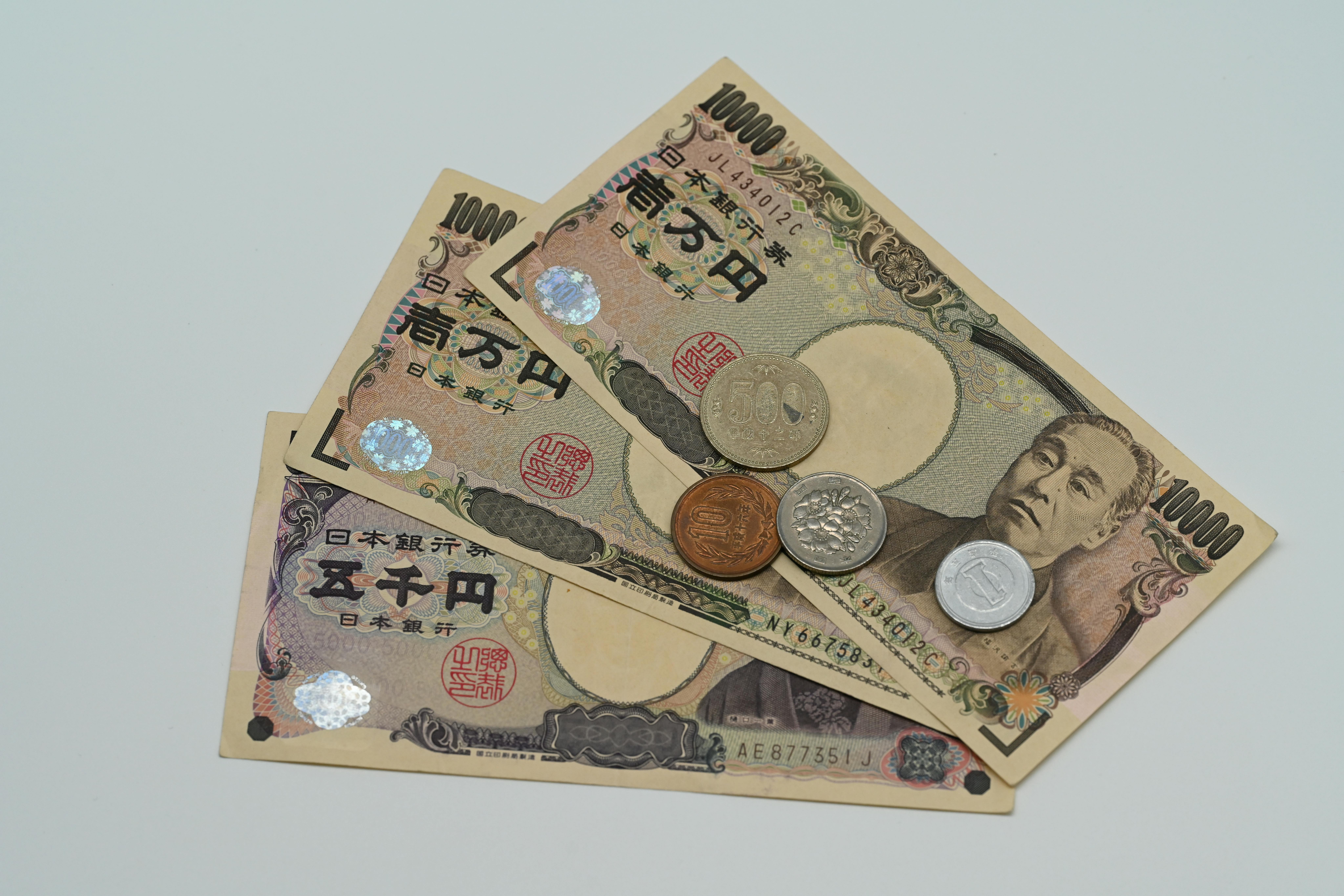Yen Strengthens As Markets Eye Key US-Japan Trade Talks

Investors turn to safe-haven currency ahead of pivotal bilateral negotiations
Introduction
The Japanese yen has gained ground against the US dollar in the days leading up to critical US-Japan trade negotiations. The appreciation reflects increased investor caution amid geopolitical uncertainty and shifting expectations around global trade dynamics. As markets brace for potential policy announcements or disruptions stemming from the talks, demand for the yen—widely seen as a safe-haven currency—has intensified.
This movement underscores the influence of diplomatic developments on currency markets, particularly when key trading partners engage in discussions that could reshape bilateral economic ties.
Recent Movement in the Yen
In recent trading sessions, the yen rose to a two-week high against the dollar, reaching levels near ¥146.50 per USD, up from ¥148 earlier in the week. This marks a modest but notable rebound, with traders citing both increased safe-haven flows and pre-talk positioning.
Other major currencies, such as the euro and the British pound, remained relatively flat, reinforcing the view that the yen’s movement is tied directly to Japan-specific factors. Futures data also shows a rise in net long positions on the yen, further indicating market confidence in the currency’s resilience ahead of policy uncertainty.
Background on the Trade Negotiations
The forthcoming trade discussions between Washington and Tokyo are expected to focus on tariff structures, semiconductor supply chains, and cooperation on critical technologies, including AI and electric vehicles. While both governments have signalled a commitment to dialogue, tensions remain over unresolved issues from earlier rounds of talks and recent US trade enforcement actions.
Japan’s growing strategic role in regional supply chains—particularly as Western governments seek to reduce dependence on China—adds further weight to the negotiations. Analysts suggest the talks may also address broader economic security frameworks and shared responses to ongoing disruptions in global trade.
Investor Sentiment and Market Behavior
The yen has long held its reputation as a safe-haven currency, particularly in times of heightened uncertainty. With the trade talks approaching and no guarantees of a smooth outcome, investors are rotating into yen-denominated assets to hedge against volatility.
This trend is also reinforced by broader risk-off sentiment in global markets, with equity volatility rising and commodity prices stabilizing after recent swings. Demand for US Treasuries and gold has also increased, reflecting a more cautious stance across asset classes.
Implications for Monetary Policy and Economic Outlook
The strengthening yen poses both opportunities and risks for Japan’s domestic economy. While it may help ease import-related inflationary pressures, it also risks undermining Japan’s export competitiveness—a key driver of its post-pandemic recovery.
The Bank of Japan has so far maintained its ultra-loose monetary policy but is under pressure to assess the implications of currency movements on inflation and growth. A sustained yen rally could prompt renewed debate over the timing of eventual policy normalization.
However, there is little indication of imminent intervention. Japanese officials have limited their comments to standard reassurances about monitoring currency markets closely, with no formal signal of concern over current exchange levels.
Outlook and Analyst Views
Analysts remain divided on how far the yen could rise in the short term. Much depends on the outcome of the trade negotiations. A cooperative tone with tangible progress on supply chain coordination and tariff relief could ease market nerves and dampen yen strength. Conversely, signs of discord or protectionist signals from either side could fuel further risk aversion and drive the yen higher.
Goldman Sachs and Nomura both suggest that ¥145 may serve as a technical support level, with room for appreciation if uncertainty deepens. Citigroup, meanwhile, expects only limited upside unless there is a broader global market correction.
Upcoming macroeconomic data, including US inflation figures and Japanese industrial production numbers, may also influence direction in the coming weeks.
Conclusion
The yen’s recent appreciation reflects heightened market sensitivity to geopolitical developments, particularly those involving major economic powers. With US-Japan trade talks set to begin shortly, currency markets are already positioning for a range of outcomes.
While the scale of yen strengthening remains modest, it signals a broader dynamic at play—one in which investors increasingly factor diplomatic developments into asset pricing. As discussions unfold, the yen will remain a key barometer of both investor confidence and regional economic stability.
Author: Brett Hurll
Excent Capital: Supporting The Growth Of LATAM Advisors
The wealth management industry in Latin America is expanding rapidly due to stronger economies and a growing number of... Read more
Parallel Banking: Stablecoins Are Now Global
Parallel Banking: How Stablecoins Are Building a New Global Payments SystemStablecoins—digital currencies pegged to tr... Read more
Industry Responses: Strategies For Overcoming Regulatory Challenges In US Bitcoin ETF Approval
The journey towards the approval of Bitcoin Exchange-Traded Funds (ETFs) in the United States has been fraught with regu... Read more
Navigating Market Volatility: Assessing The Impact Of A Strengthening Dollar On US Stocks
In recent months, US stock markets have experienced a notable rally, with indices reaching new highs. However, amidst th... Read more
Forex Today: BoE & ECB Seen Holding Rates Today - 05 February 2026
Policy Meetings Today at Bank of England and European Central Bank; Tech Stock Selloff Continues; Gold, Silver Consolida... Read more
Blockchain's Truth Machine: How Prediction Markets Are Redefining Global Forecasting - 04 February 2026
Discover how blockchain-based prediction markets like Polymarket are revolutionizing global forecasting with $44 billion... Read more

